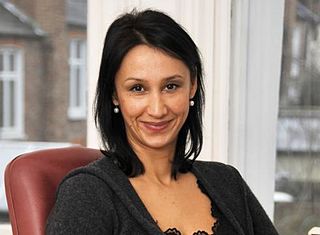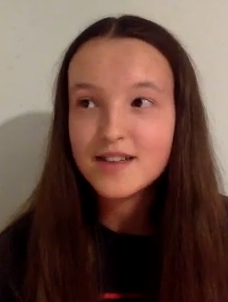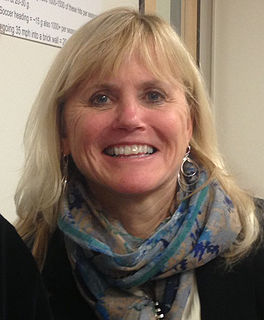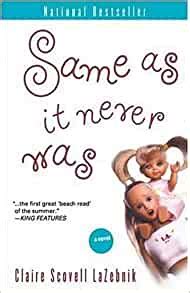A Quote by Rebecca Stead
We're allowed as adults to create a life that we like. Kids don't have that freedom.
Related Quotes
The StarTalks - while kids can watch them, they're actually targeted at adults. Because adults outnumber kids five to one, and adults vote, and adults wield resources, and adults are heads of agencies. So if we're going to affect policy, or affect attitudes, for me, the adults have always been the target population.
[E]verywhere I'm looking at kids, adults mostly don't seem to like them, not even the parents do. They call the kids gorgeous and so cute, they make the kids do the thing all over again so they can take a photo, but they don't want to actually play with them, they'd rather drink coffee talking to other adults. Sometimes there's a small kid crying and the Ma of it doesn't even hear.
The new concept of the child as equal and the new integration of children into adult life has helped bring about a gradual but certain erosion of these boundaries that once separated the world of children from the word of adults, boundaries that allowed adults to treat children differently than they treated other adults because they understood that children are different.
Curiosity is unknown. All adults were once kids and once curious, but as adults you don't remember that and you see curiosity when it's expressed in children as a pathway to household disaster. They're simply exploring their environment, manifesting their curiosity. So what you need to do is create an environment where curiosity is rewarded rather than punished, or thwarted.



































